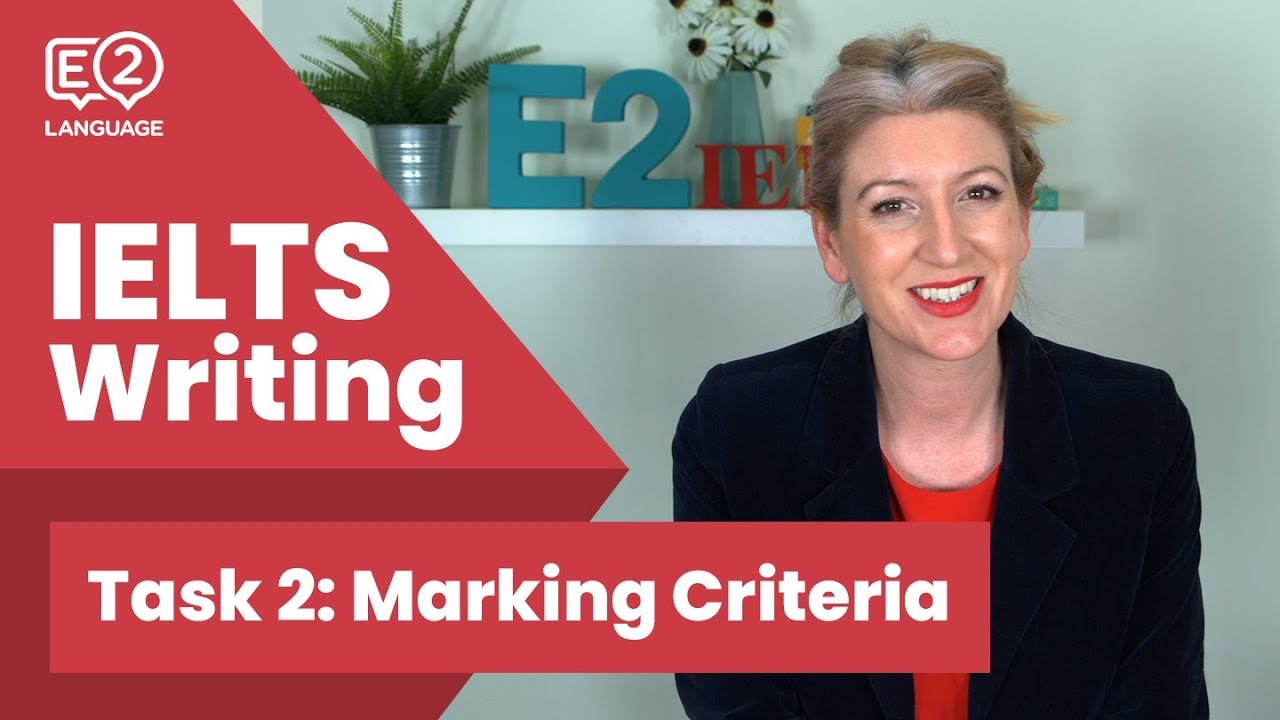Common Grammar Mistakes in IELTS - Avoid These 7 Mistakes in IELTS Grammar
Summary
TLDRIn this informative video, an experienced IELTS examiner highlights common grammatical mistakes that often keep students trapped in the 5.5 to 6 band score range. The speaker emphasizes the importance of mastering uncountable nouns, subject-verb agreement, and the proper use of articles and prepositions. By addressing these issues, students can enhance their writing and speaking skills significantly. Through examples and clear explanations, viewers are encouraged to correct their grammar to achieve higher scores in their IELTS exams. The video also promotes evaluation materials and special offers available on the presenter’s website.
Takeaways
- 😀 Many students believe their IELTS writing and speaking scores are due to content quality, but often it's due to minor grammar mistakes.
- 😀 Common mistakes in grammar can keep students stuck at scores of 5.5 to 6.0 despite hard work.
- 😀 Uncountable nouns should not be preceded by 'a' or 'an'; for example, use 'some advice' instead of 'an advice.'
- 😀 Subject-verb agreement is crucial; phrases like 'the number of students is' should be used, not 'are.'
- 😀 Collective nouns, like 'team' or 'family,' are treated as singular: 'The team is playing well.'
- 😀 Indefinite pronouns, such as 'each' and 'everyone,' always require a singular verb: 'Each student was given a task.'
- 😀 With compound subjects joined by 'and,' the verb must be plural: 'The teacher and the student are discussing.'
- 😀 Be careful with articles; avoid saying 'they bought a cars' and use 'they bought cars' instead.
- 😀 Certain prepositions are essential to phrases; for instance, use 'interested in' rather than 'interested for.'
- 😀 Commas should not join independent clauses without proper punctuation; use semicolons or conjunctions instead.
Q & A
What is the main reason students struggle to improve their writing and speaking scores?
-The main reason students struggle is due to small, common grammatical mistakes that they overlook, which prevent them from advancing beyond a score of 5.5 or 6.
How did Aisha improve her score from a 5.5 to a 7.5?
-Aisha improved her score by having her grammar fine-tuned, addressing the small common mistakes that she was making.
What are uncountable nouns, and how should they be used correctly?
-Uncountable nouns, such as 'advice' or 'coffee,' cannot be counted individually. Instead of saying 'an advice,' one should say 'some advice' or 'a piece of advice.'
What is subject-verb agreement, and why is it important?
-Subject-verb agreement means that the verb must match the subject in number. For example, 'the number of students is increasing' is correct, as 'number' is the subject and is singular.
What is the rule regarding collective nouns and their verbs?
-Collective nouns, like 'team' or 'family,' are treated as singular. Therefore, you should say 'the team is playing' rather than 'the team are playing.'
How should indefinite pronouns be treated in sentences?
-Indefinite pronouns such as 'each' and 'everyone' are always singular. For example, one should say 'each of the students was given a task' instead of 'were.'
What is the correct usage of articles with plural nouns?
-For plural nouns, you should not use 'a' or 'an.' You can use 'the' when referring to something specific or omit the article entirely if you are being general, e.g., 'they bought cars.'
What common mistakes occur with prepositions in English?
-Common mistakes include using incorrect prepositions with certain words, such as saying 'interested for' instead of 'interested in.'
What is the proper tense to use in conditional sentences?
-In conditional sentences, the present tense is used in the 'if' clause, while the future tense is used in the main clause, e.g., 'if the government provides, the farmers will benefit.'
What is a run-on sentence, and how can it be corrected?
-A run-on sentence occurs when two independent clauses are joined without proper punctuation. It can be corrected by using a semicolon or a conjunction, e.g., 'the city is growing rapidly; people are moving here.'
Outlines

Dieser Bereich ist nur für Premium-Benutzer verfügbar. Bitte führen Sie ein Upgrade durch, um auf diesen Abschnitt zuzugreifen.
Upgrade durchführenMindmap

Dieser Bereich ist nur für Premium-Benutzer verfügbar. Bitte führen Sie ein Upgrade durch, um auf diesen Abschnitt zuzugreifen.
Upgrade durchführenKeywords

Dieser Bereich ist nur für Premium-Benutzer verfügbar. Bitte führen Sie ein Upgrade durch, um auf diesen Abschnitt zuzugreifen.
Upgrade durchführenHighlights

Dieser Bereich ist nur für Premium-Benutzer verfügbar. Bitte führen Sie ein Upgrade durch, um auf diesen Abschnitt zuzugreifen.
Upgrade durchführenTranscripts

Dieser Bereich ist nur für Premium-Benutzer verfügbar. Bitte führen Sie ein Upgrade durch, um auf diesen Abschnitt zuzugreifen.
Upgrade durchführenWeitere ähnliche Videos ansehen

[FULL] Bí Quyết Tăng Band IELTS Speaking Từ Cựu Giám Khảo | Clip Độc Quyền Cho Học Sinh The Forum

The IELTS Writing Task 2 Marking Criteria EXPLAINED

IELTS Speaking- Perfect Pronunciation and Fluency

IELTS Speaking Test band score 7 with feedback 2023

IELTS Speaking Band 9 India Full Interview with Strong Answers

Ice Skate Shopping? Watch Out for These 5 Common Mistakes!
5.0 / 5 (0 votes)
